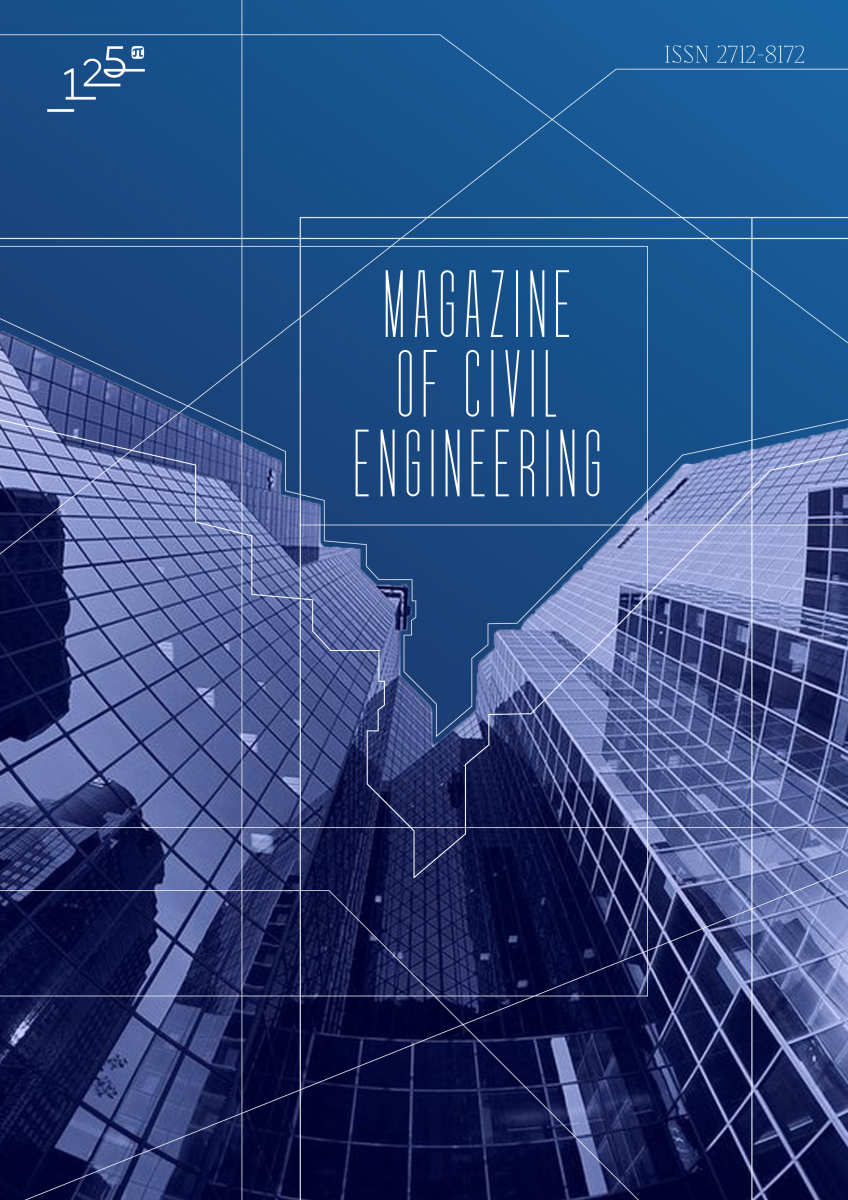Influence of biological additives on the properties of cement systems
The object of the research is cement systems, the materials most commonly used in the construction industry. Since people interact with construction materials all the time, they should only contain harmless components; this requirement applies to modifiers as well. The existing liquefiers are obsolete; there is a need for an alternative composition and production technology. The purpose of the research is, first, to theoretically design the structure of an environmentally friendly plasticizing additive for cement systems based on fragments of natural compounds – lipids and carbohydrates. Secondly, to select a non-pathogenic microbial culture capable of synthesizing this product and the conditions for its fermentation. And finally, to study the properties of cement systems containing the synthesized biomodifier. This paper proposes novel modifiers based on fragments of natural compounds. The production process should be based on biological synthesis running through the cellular structures of microorganisms growing in a synthetic nutrient medium. A non-pathogenic microbial culture was ‘tamed’ to synthesize this product. The authors further designed a synthetic nutrient medium and optimized the fermentation parameters. Ten hours after the onset of fermentation, a fat-like substrate is added to the nutrient medium so that Leuconostoc mesenteroides would be able to synthesize the hypothesized modifier. The output is an efficient glycolipid plasticizer. X-ray diffraction analysis, a plastometer, a flow table, a cone, a viscometer, a versatile press, and an ionometer were used in this research to find the parameters of the synthesized bioadditives and cement systems based on them. The bioplasticizer injection was noted to increase the fluidity of cement mixtures by a factor of 3 to 5. The novel modifiers greatly inhibit early cement hydration when dosed at >0.8 wt.%. However, while inhibiting early structuring, these liquefiers strengthen the material in the long term (3+ months). Injecting these biological additives in the mixture at up to 0.8 wt.% produces a material that is 20÷30 % stronger than the additive-free alternative and absorbs less water while being as resistant to frost. As per our hypothesis, the microbial synthesis did in fact produce efficient cement system modifiers for industrial and residential construction that would be subject to no environmental restrictions.


